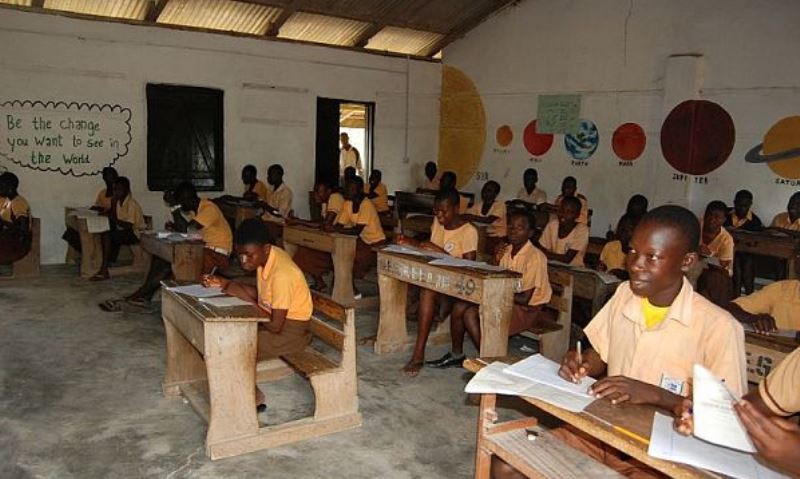Ghana’s Ministry of Education has announced a new national policy mandating the use of local languages as the main medium of instruction in all schools across the country, replacing English as the primary language of teaching and learning.
Education Minister Haruna Iddrisu described the policy as a “bold reset” of the nation’s education system, emphasizing that children learn best when taught in a language they understand. He said the reform aims to strengthen cultural identity, improve literacy, and ensure inclusive learning outcomes across all regions.
“The goal is to give every Ghanaian child the advantage of learning in their mother tongue, which enhances comprehension and cognitive development,” the minister stated.
The Ghana Education Service (GES) has been directed to enforce the new policy nationwide, with implementation expected to begin in phases. Training programs for teachers and the development of learning materials in local languages are also underway to support the transition.
The policy has already sparked national debate, with supporters calling it a long-overdue step toward educational equity, while some critics warn of potential challenges in execution, particularly in multilingual regions.


